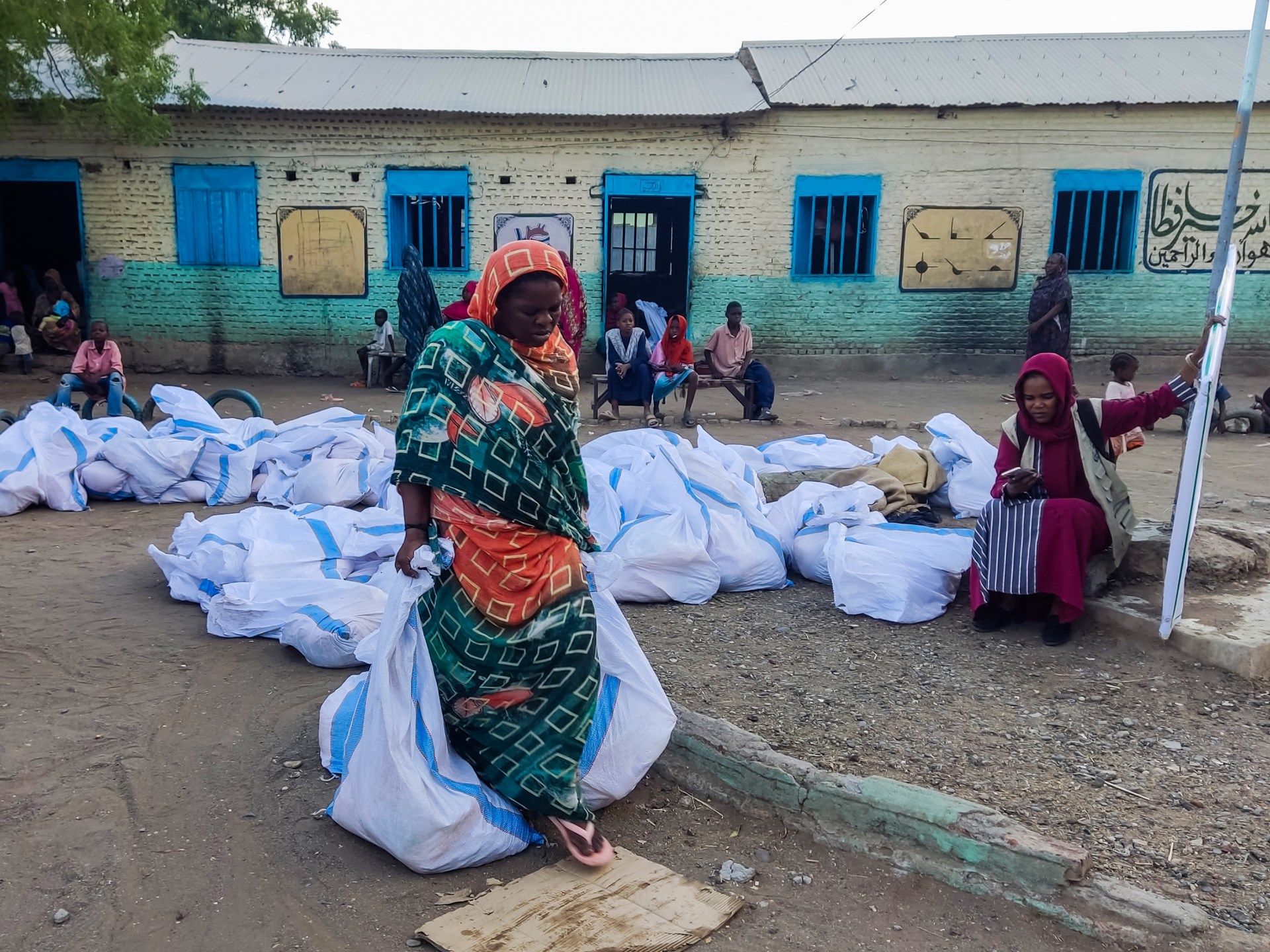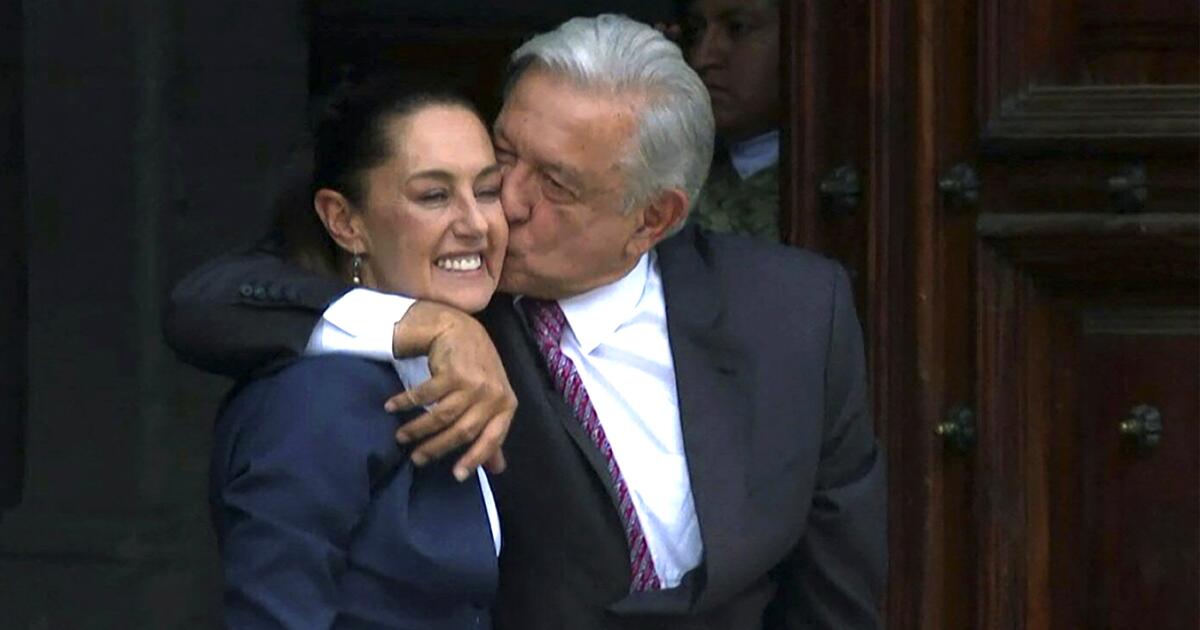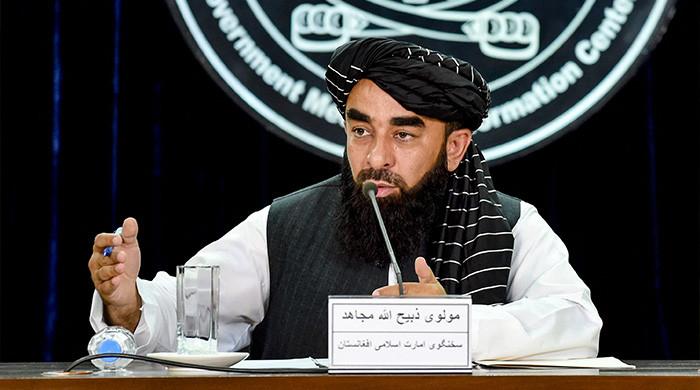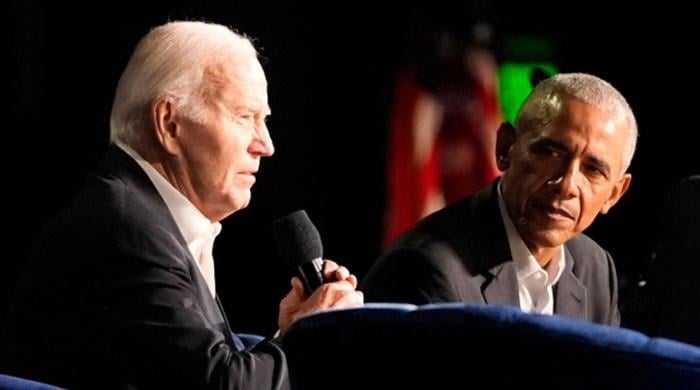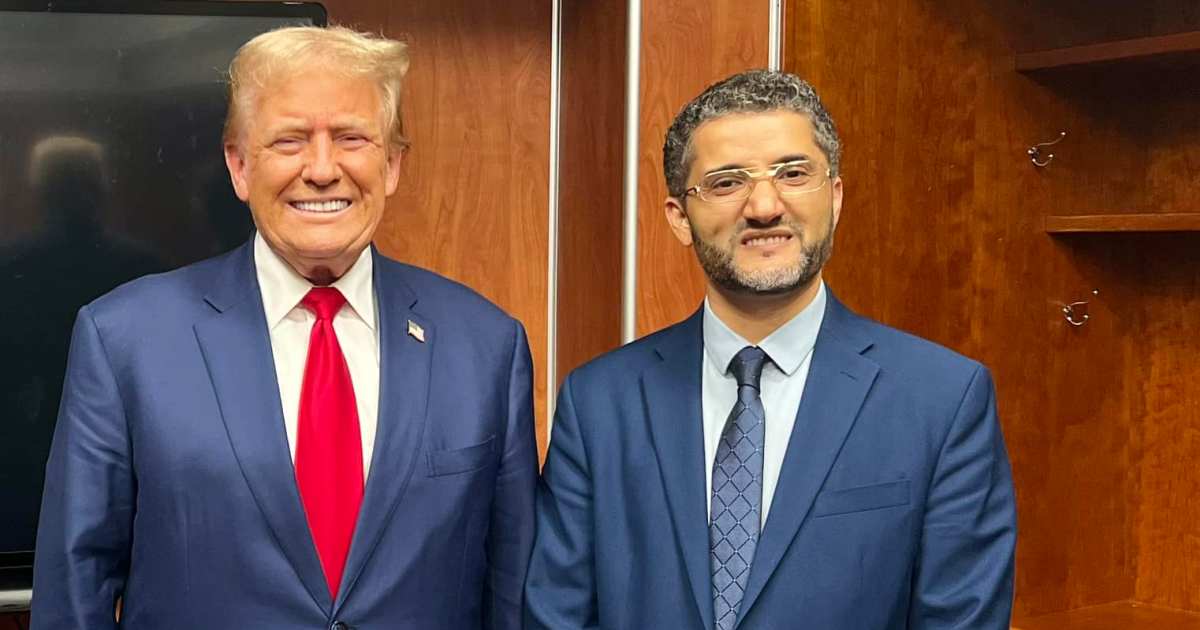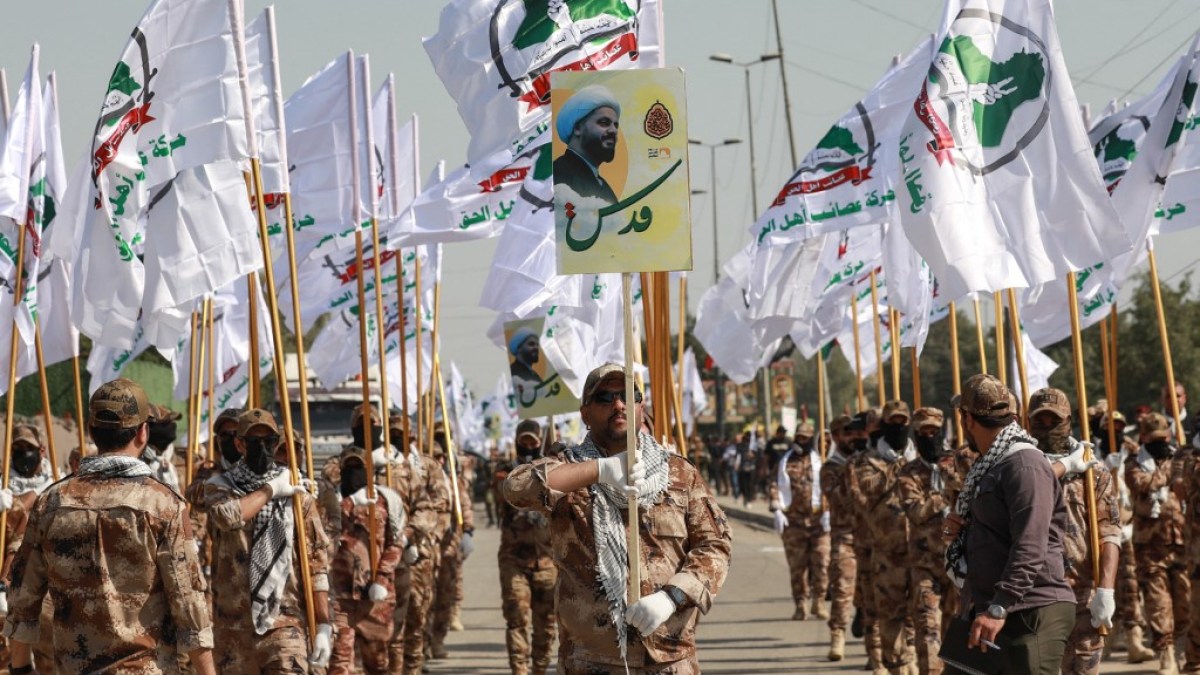Countries are calling for “unhindered” access to respond to the growing humanitarian crisis in the war-torn African nation.
International mediators involved in talks to end the war in Sudan have welcomed decisions by the warring parties to facilitate the delivery of humanitarian aid to the country.
In a joint statement on Saturday, the sponsors of the talks in Switzerland praised the commitment of the paramilitary Rapid Support Forces to cooperate with humanitarian deliveries to the Sudanese states of Darfur and Kordofan.
The mediators – the United States, Saudi Arabia, Switzerland, Egypt, the United Arab Emirates, the African Union and the United Nations – also welcomed the decision by the Sudanese armed forces to open the Adre border crossing with Chad into North Darfur for three months.
“These constructive decisions by both sides will allow the necessary aid to come in to stop the famine, address food insecurity and respond to the immense humanitarian needs in Darfur and beyond,” they said in a joint statement.
They also called on the warring parties to “immediately communicate and coordinate with humanitarian partners to efficiently operationalize these corridors with full and unhindered access.”
The talks began on Wednesday in the Swiss city of Geneva in the absence of the Sudanese military, which has opposed the format of the negotiations.
The war in Sudan, which began last year, has caused one of the worst humanitarian and displacement crises in the world.
The Sudanese army, led by Abdel Fattah al-Burhan, and the RSF – under the command of Mohamad Hamdan Dagalo, better known as “Hemedti” – have been competing for power and control of the African country of 46 million people.
Human rights groups have called on both sides to avoid harming civilians and allow humanitarian access.
More than 25 million people are facing acute hunger in Sudan, according to the Integrated Food Security Phase Classification (IPC), a United Nations-backed body that monitors global hunger.
Earlier this week, the Sudanese military, which dominates the Transitional Sovereignty Council (TSC), announced the opening of the Adre border crossing into North Darfur. The TSC declared famine in parts of that region on August 1.
The RSF also said it would facilitate the passage of humanitarian convoys through the Debbah crossing, north of Khartoum.
“The RSF remains steadfast in its commitment to ensure the safe passage and protection of humanitarian convoys, in strict compliance with international humanitarian law,” the paramilitary group said in a statement.
It is unclear whether either decision is linked to the Geneva talks.
As negotiations were underway in Switzerland, the Associated Press and AFP news agencies reported, citing local and medical sources, that an RSF attack in the village of Jalgini in the southeastern state of Sennar killed dozens of people this week.
The war in Sudan has displaced more than 10 million people and caused a public health disaster.
On Friday, a World Health Organization (WHO) official said a cholera outbreak has killed at least 316 people in the country.
The United States has said the Geneva talks are aimed at ending fighting and easing suffering in Sudan. On Friday, Washington called on the Sudanese military to join the negotiations.
“The opening of the Adre border crossing is an important outcome at a crucial time for humanitarian efforts to deliver assistance to those most in need and prevent a worsening famine,” US special envoy for Sudan Tom Perriello said in a social media post.
“We continue our efforts to save Sudanese lives and silence the guns. The Sudanese Security Forces are still here, ready for talks to begin; it is up to the Sudanese Armed Forces to decide whether to come.”
The United States has taken a leading role in peace talks in Sudan. The two countries had tense ties for years until the ouster of Sudanese ruler Omar al-Bashir, who was overthrown by the military following mass protests in 2019.
Khartoum and Washington re-established diplomatic relations in 2020. Sudan also agreed to establish relations with Israel, America’s main ally in the Middle East, and was removed from the US list of “state sponsors of terrorism.”
But efforts to bring Sudan under civilian, democratic rule in the post-Bashir era have failed.
In October 2021, the Sudanese military staged a coup against the civilian government of Prime Minister Abdalla Hamdok, leading to his resignation in early 2022.
Fighting between the army and the RSF broke out the following year and Hemedti was expelled from the Transitional Sovereignty Council.

